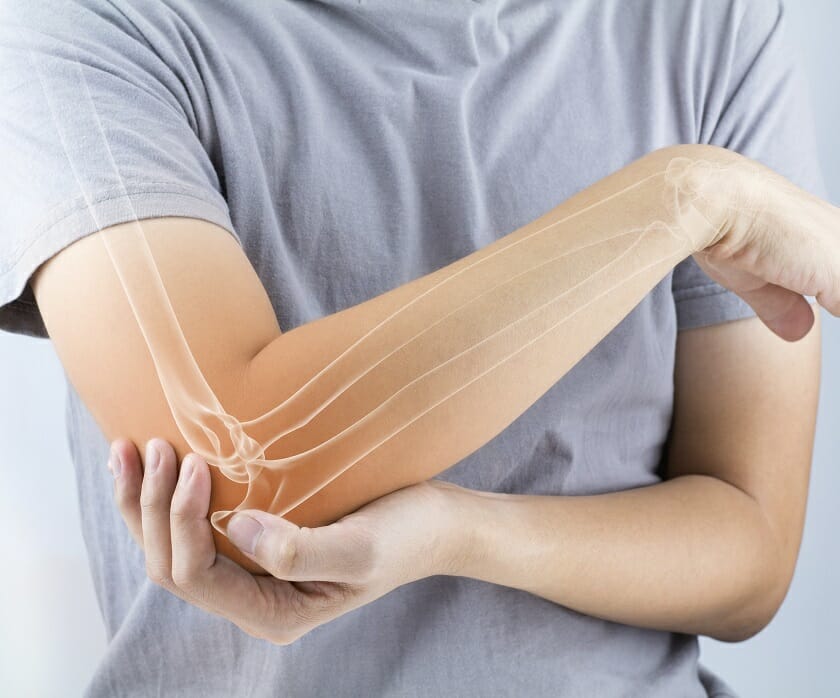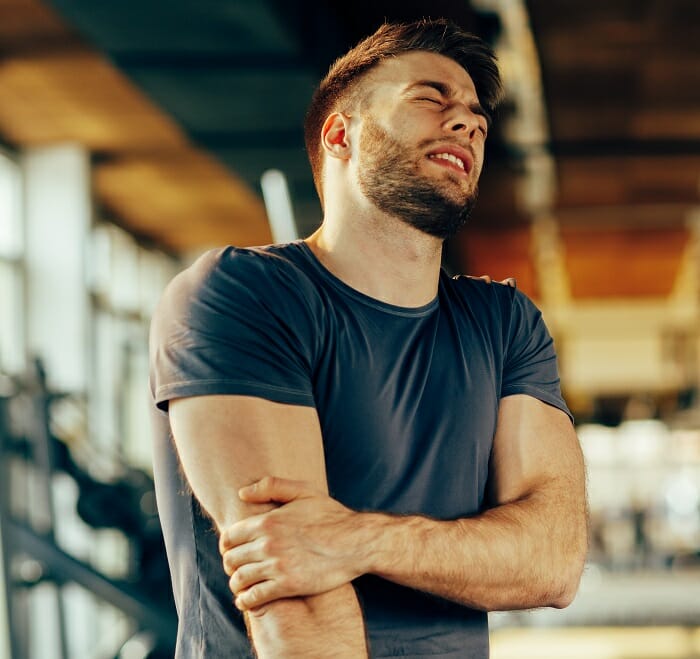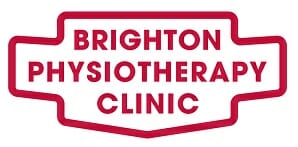Treatment for Golfer’s Elbow
What is Golfer’s Elbow?
Also referred to as medial epicondylitis, golfer’s elbow affects anyone who performs an activity that strains the forearm or wrist. In some ways, golfer’s elbow is similar to tennis elbow. A condition that affects the outside of the lateral epicondyle. It is called golfer’s elbow because the tendon is stressed when making a golf swing. Most people who have golfer’s elbow have never played golf or handled a golf club.
There are several muscles on the anterior forearm. They are involved in pronating the wrist and flexing the digits of the hand. Golfer’s elbow causes inflammation and pain in the tendons that connect the forearm to the elbow. It is caused by overusing muscles in your forearm that allow you to rotate your arm, grip and flex your wrist. Repetitive swinging, gripping and flexing causes tiny tears or pulls in the tendons.

Causes of Golfer’s Elbow
Contrary to popular opinion, golfer’s elbow is not caused by inflammation. It was thought to be caused by inflammation from overuse.
While golfer’s elbow is poorly understood at a molecular and cellular level, scientists hypothesise that autophagic and apoptosis cell death are the causes of chronic lateral epicondylitis. Cell death reduces muscle density and leads to a snowball effect in muscle weakness. This limits the muscle’s ability to maintain full function.
Other causes of golfer’s elbow besides golf include
- Racket sports: Similar to tennis elbow, improper technique with tennis strokes leads to tendon injury.
- Throwing sports: Improper pitching technique in javelin, football, archery, softball and baseball causes golfer’s elbow.
- Repetitive occupational movement: Fields include plumbing, construction and carpentry.

Diagnosis of Golfer’s Elbow
Your GP reads requests your medical history and performs a simple medical examination. The GP evaluates stiffness and pain by applying pressure to the affected body part. They ask you to move your wrists, elbow and fingers in different ways. Your GP might request an X-ray to rule out arthritis or a fracture. An MRI is performed in more comprehensive cases.
Treatment of Golfer’s Elbow
Pain relief
Non-steroidal anti-inflammatory drugs such as aspirin, ibuprofen and paracetamol might help to relieve pain and allow you exercise. Please visit your GP before taking any medication for golfer’s elbow.
